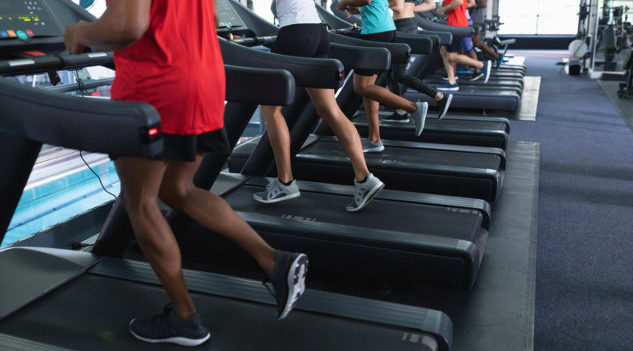A year after the fitness industry felt the severe effects of the COVID-19 pandemic, which included the shutdown of many fitness businesses, Fitness Australia says that the industry is continuing to quickly rebuild strength and resilience.
“COVID-19 was unlike anything anyone has ever experienced before, as with many other industries we were not prepared for what played out over months of various shutdowns and restrictions,” Fitness Australia CEO, Barrie Elvish, said.
“We had to adapt very quickly to ensure people still had access to vital exercise options, such as virtual training and outdoor exercise, when permitted. This allowed some businesses to continue to operate at a minimal capacity, which was important for the livelihood of so many people and the survival of the industry.
“We’ve come a long way since that day in March last year and we’ve evolved significantly,” Elvish added. “Businesses have adapted to ensure business continuity during future restrictions and lockdowns – they are more prepared than ever for anything that might affect their business.”
The fitness industry’s peak body is also reporting that the industry is seeing a surge in new job opportunities as businesses cater for heightened demand and start planning for the future.
“Job listings through the Fitness Australia Jobs Board for the January to March quarter so far are 88 per cent above the 2019 average,” Elvish said. “In comparison, listings in April last year were 79 per cent below the 2019 average – that’s a big turnaround and gives us tremendous reason for hope.
“Fitness Australia start to work more closely with governments and health authorities, and while this has been slower in some states than others, we are confident our engagement will continue to push for fitness facilities to be classified an essential service due to the benefits on our community’s long-term mental and physical health and well-being,” Elvish concluded.













